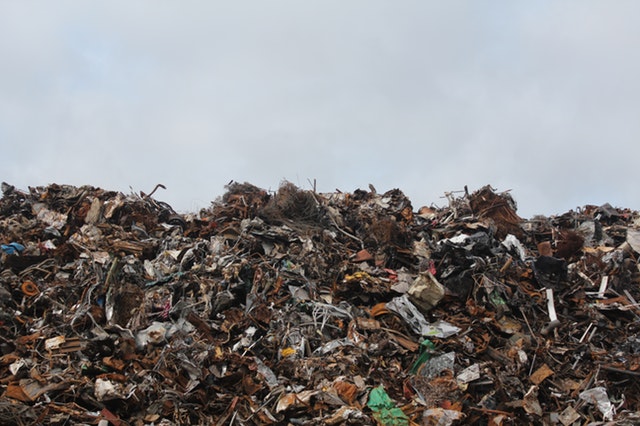Traditionally, it is common for many companies to comply with the environmental requirements of their activities. This is a costly practice with no apparent practical results for the organization. However, society has become increasingly critical regarding the sustainability of business activity with consumers attentive to the posture of business about the environment, and the government more rigid in its supervision.
 |
 |
 |
A recent survey by OpinionBox showed that 54% of people give preference to brands recognized for caring for the environment, and only 12% said they seldom or never do. Within this same research, 10 factors were listed so that respondents indicated all those that would prevent them from buying products or hire a company, and the ones that stood out the most were: if the company is involved in a working case (with 66 %) and then if the company is known to pollute the environment (65%).
Given this new panorama, environmental responsibility is increasingly present in the corporate vision, which consequently already reap good results by adopting a conscious attitude, both in terms of brand awareness with the public, and prevention of penalties and government sanctions which, besides expensive, can also suspend the activities of the company, compromising its performance.
So it’s interesting to look at how recycling goals impact a company’s reputation, and how it can benefit from doing so in the conduct of its business. Social and environmental issues must be taken into account, not only for the sustainable bias but also for the monetary scale, and it is essential that the impact of the changes be measured, because by measuring the effect of sustainable actions, the company is able to use them strategically, and can provide comprehensive data to marketing, shareholders and society.
Several tools for monitoring and measuring business sustainability are available. The results obtained allow us to prove the effectiveness of the sustainable measures both quantitatively and financially, through the calculation of the ROI (return on investment), in this way, it is possible to prove and create value through sustainable practices, and of course, to gain credibility with the consumer.
Waste treatment and reputation
The generation of organic waste, such as sewage, is a relevant issue in current corporate management, especially with growing concern about the impact on the environment caused by industries, which has allowed environmental policies improved to the new order and governing all activities treatment, transport, analysis and disposal of waste by companies.
The treatment processes are classified into physical, chemical, and biological – which are chosen according to the nature of the pollutants to be removed and the unit operations used for the treatment. Such a position contributes significantly to optimizing the treatment process and, above all, to providing the generating company with security and guarantee to meet the first environmental laws of the country. Consequently, a company without environmental incidents, besides being free of costly penalties, also has its image preserved, which improves its perception with the public and can directly help in improving its profitability.
So before environmental damage occurs, focus on sustainable business. The extension of the ecological problem can have negative consequences, for example: to affect the image of the company, devalue the brand, lead to loss of money with the payment of fines and indemnities or even forced stops of the activity. So, this is the time to have another attitude, look at the recycling goals of your company as a good reason for the change.
Since 2010, the National Policy on Solid Waste seeks to organize the way the country deals with garbage and requires transparency from the public and private sectors in the management of its waste. Noncompliance with its standards leads to punishments in the Environmental Crimes Law, with penalties ranging from the payment of fines to imprisonment and detention.




